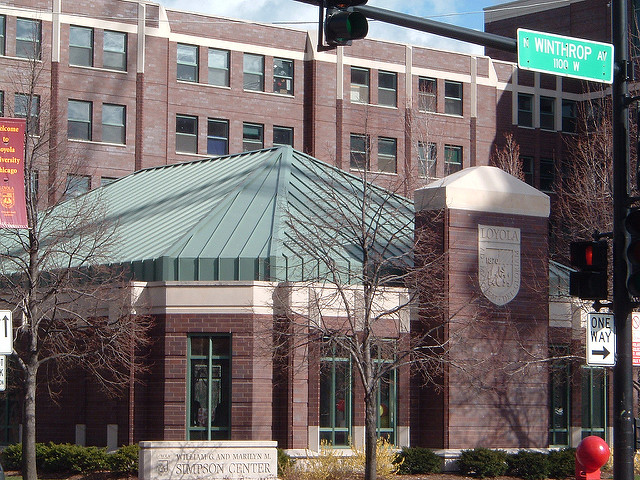Loyola: Black Students Disciplined for Protesting Racial Injustices
/When students of color at Loyola University Chicago (LUC) organized a November 12, 2015 demonstration in solidarity with racial justice protests at the University of Missouri, over 700 students, faculty, and staff attended. Demonstration organizers did not fully comply with LUC’s draconian demonstration policy – full compliance would have precluded participation in a national day of solidarity with Mizzou.
But despite promises from senior administration officials that no student would be disciplined, LUC charged three organizers – all black students – with violating the demonstration policy. The students faced suspension. All three students were also members of Students for Justice in Palestine (SJP) at LUC, and Palestine Legal staff attorney Rahul Saksena acted as their adviser during their disciplinary hearing.
After intense pressure from students and media, LUC’s interim president dismissed all charges and expressed a willingness to revise the demonstration policy.
On December 8, LUC’s Interim President announced a moratorium on the school’s demonstration policy.
In January 2016, Palestine Legal and the NLG-Chicago wrote to LUC’s interim president, raising three demands: 1) end the draconian provision of the demonstration policy, including the requirement that students register demonstrations with the University; 2) adopt stronger due process measures during the student disciplinary process; and 3) apologize to SJP for unfair and selective enforcement of the demonstration policy in 2015. LUC responded to Palestine Legal with a standard letter (dated Jan. 19, 2016) reiterating its commitment to “fostering a vibrant and productive dialogue about important social issues regardless of viewpoint.”
In March, LUC revised the school’s demonstration policy. Students will no longer need to obtain approval to demonstrate.



